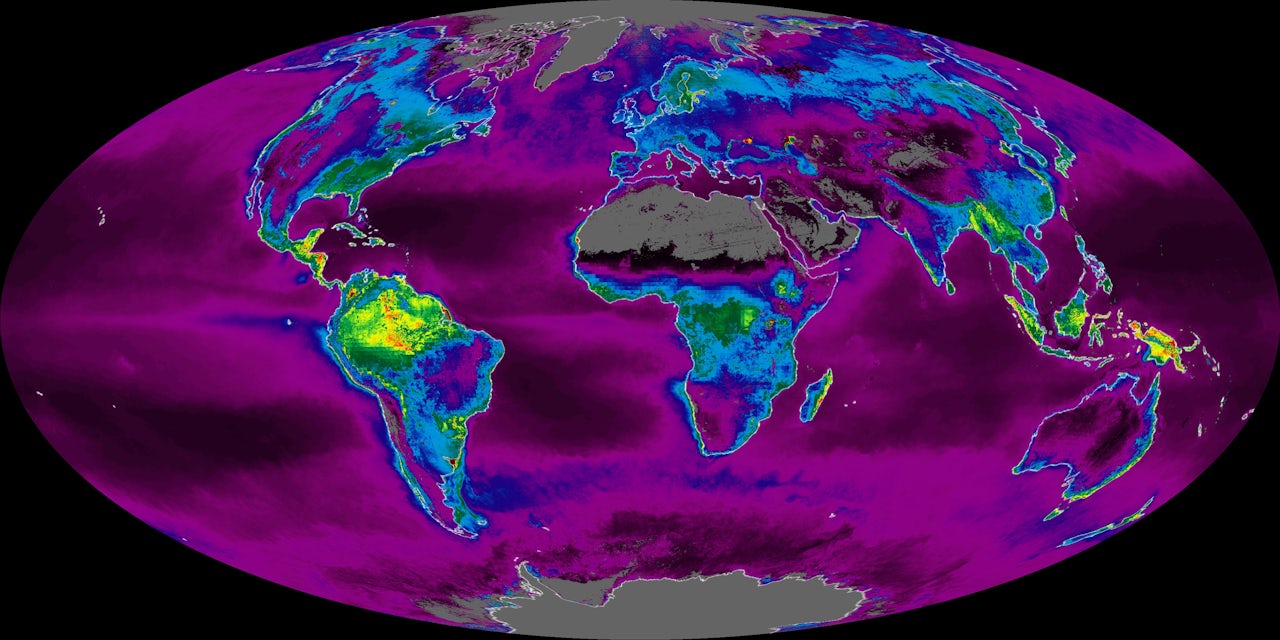Last week, President Trump announced that the government would be cutting all funding for a $10 million research program responsible for tracking greenhouse gas emissions using data from satellites. But in a surprise move, the House passed a 2019 version of the federal budget that allocated money to keep this program alive.
For over a year, Trump has been vocal about a federal agenda to defund science research. He also announced that the U.S. is withdrawing from the Paris Accord and doesn’t plan to abide by it on a national level, so it would have made sense that he would be opposed to funding data that shows the emissions the U.S. is generating and proves the Accord is necessary. It wasn’t obvious that there was much hope for this climate-monitoring program.
The program described in the new federal spending bill matches exactly the description for the NASA Carbon Monitoring System, the program whose funding was threatened. The program works by studying how elements like carbon are exchanged between the earth, the air, and the oceans, scientists can get incredibly accurate information about our climate. Without this data, the U.S. has a poor capacity to gauge exactly the amount of emissions it’s generating.
Information on the current climate is necessary in order to make accurate predictions about the future climate, and is used to craft climate adaptation policies that actually work. For instance, bad climate data could mean the difference between a city building a reservoir that captures the right amount of water in the wake of an extreme storm, or building infrastructure that lets the city flood, which can take lives unnecessarily and cost billions of dollars in damage.
Despite his anti-research and anti-environment stances, Trump has never been against funding NASA generally. In fact, for over a month, we’ve known that NASA was going to get about an 8 percent increase in federal funding for 2019. It’s probably worth noting that Trump has expressed interest in starting a militarized “Space Force,” which, still no one knows what that is.
However, NASA won’t just get a blank check; Congress specifies which research gets investment. Since Trump has expressed an interest in going to the Moon and to Mars, research that would make that possible can be prioritized over climate-tracking research.
Even though this climate program may continue to be funded, it will still be an uphill battle to get enough federal support to properly address climate change. For one, the spending bill still needs the final green light. EPA director Scott Pruitt probably doesn’t believe in climate change, and he initiated a science bottleneck to reduce how much research can be used to guide federal policy. FEMA won’t even use the term “climate change” in its strategic plan. Over the next several years, more and more research space on the International Space Station is going to be rented out to private companies for corporate research rather than, say, climate monitoring.
But hey, maintaining the status quo climate research funding is still a small victory.
